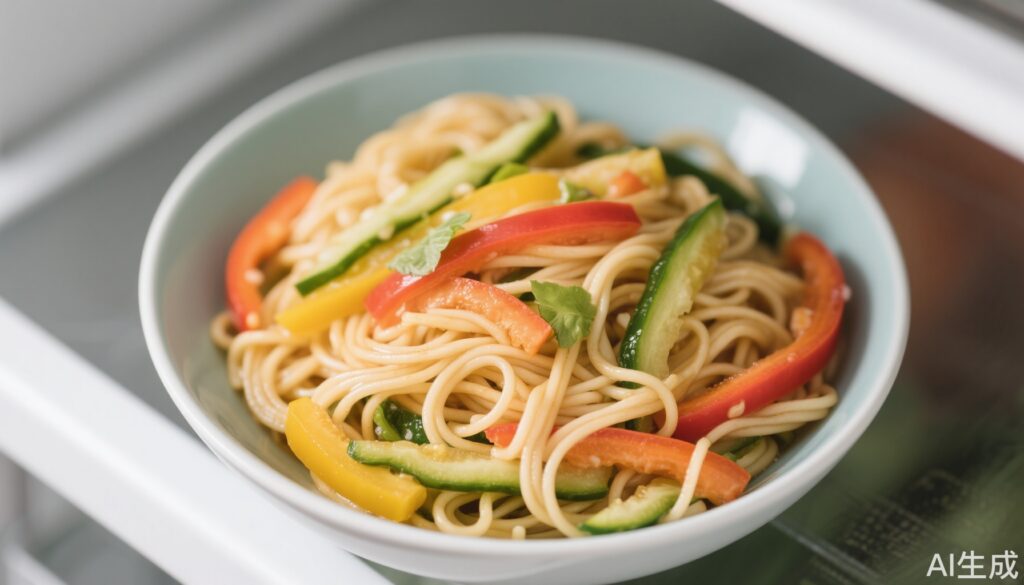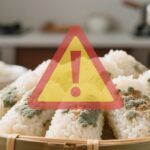The Summer Noodle Dilemma
As temperatures rise, the appeal of cool, refreshing meals becomes undeniable. Dishes such as rice noodles and cold skin noodles (liangpi) are popular choices during the sweltering summer months. However, improper storage and handling of these foods can lead to foodborne illnesses, a risk that is often overlooked.
Understanding the Risks
During summer, the high ambient temperature provides ideal conditions for bacteria to thrive. Foods like rice noodles and liangpi, when not handled properly, can become breeding grounds for pathogens such as Salmonella, E. coli, and Staphylococcus aureus. These bacteria can cause symptoms ranging from mild gastrointestinal distress to severe dehydration and hospitalization.
Proper Storage Techniques
To minimize the risk of contamination, it’s crucial to store noodles correctly:
– **Refrigeration**: Always store noodles in the refrigerator at a temperature below 40°F (4°C). This slows down bacterial growth and keeps your food safe for consumption.
– **Use Airtight Containers**: When storing noodles, use airtight containers to prevent exposure to air and potential contaminants.
– **Avoid Overcrowding**: Ensure there is enough space in your refrigerator for air to circulate, which helps maintain a consistent temperature.
Safe Handling Practices
– **Clean Hands**: Always wash your hands with soap and water before handling any food.
– **Clean Surfaces**: Ensure that all surfaces and utensils are clean before they come into contact with food.
– **Separate Raw and Cooked Foods**: Use separate cutting boards and utensils for raw and cooked foods to prevent cross-contamination.
Timely Consumption
Noodles should ideally be consumed within a day or two of preparation. Prolonged storage increases the risk of bacterial growth, even in refrigerated conditions. If you notice any off smells, discoloration, or sliminess, it’s best to discard the food.
Educational Outreach
Raising awareness about food safety in the summer months is critical. Public health campaigns should focus on educating consumers about the risks associated with improper food storage and handling, especially in warmer climates.
Expert Insights
Dr. Lydia Chen, a food safety expert, emphasizes the importance of vigilance during the summer. “While cold dishes are a delightful summer treat, they require careful preparation and storage to ensure safety,” she advises.
By adopting these practices, you can enjoy your favorite summer dishes without the unwanted worry of food poisoning, ensuring a healthy and pleasant dining experience.



